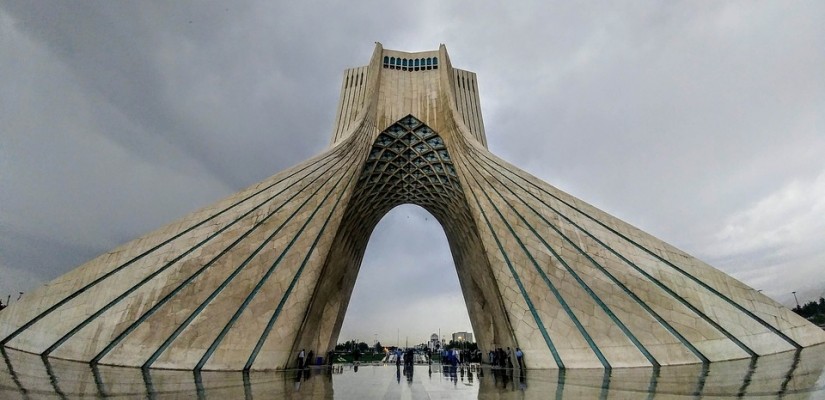
Earlier this week, Iran contravened a foundational aspect of the Joint Comprehensive Plan of Action (JCPOA). The agreement, reached in 2015, prohibited Iran from stockpiling more than 300 kilograms (660 pounds) of low-enriched uranium. On July 3, 2019, Iranian President Hassan Rouhani asserted that Iran would further increase its enrichment rate unless the United States lifted the sanctions reimposed by the Trump administration in 2018. US sanctions have exacerbated Iran’s deteriorating economic situation, which has been marked by rising inflation and declining output of crude oil.
Iran’s effort to leverage its enrichment program in order to pressure the United States exemplifies the zero-sum dynamic in international politics. It is also problematic. As the second largest country in the Middle East, Iran maintains real geostrategic significance. Its proximity to the critical Strait of Hormuz and plentiful natural gas reserves make Iran a major player in global markets and in issues related to energy security. Predominantly Shia, Iran has also countered Sunni influence across the region, namely by vying with Saudi Arabia regarding oil policy, relations with the West, and leadership of the Islamic world. Accordingly, Iran’s attempts to compel the United States to shift course by increasing its levels of uranium enrichment stand to inflame tensions throughout the Middle East, and could very well provoke a response from Saudi Arabia or the US.
